Meet the Team behind NoCaSS 2025
Cambridge
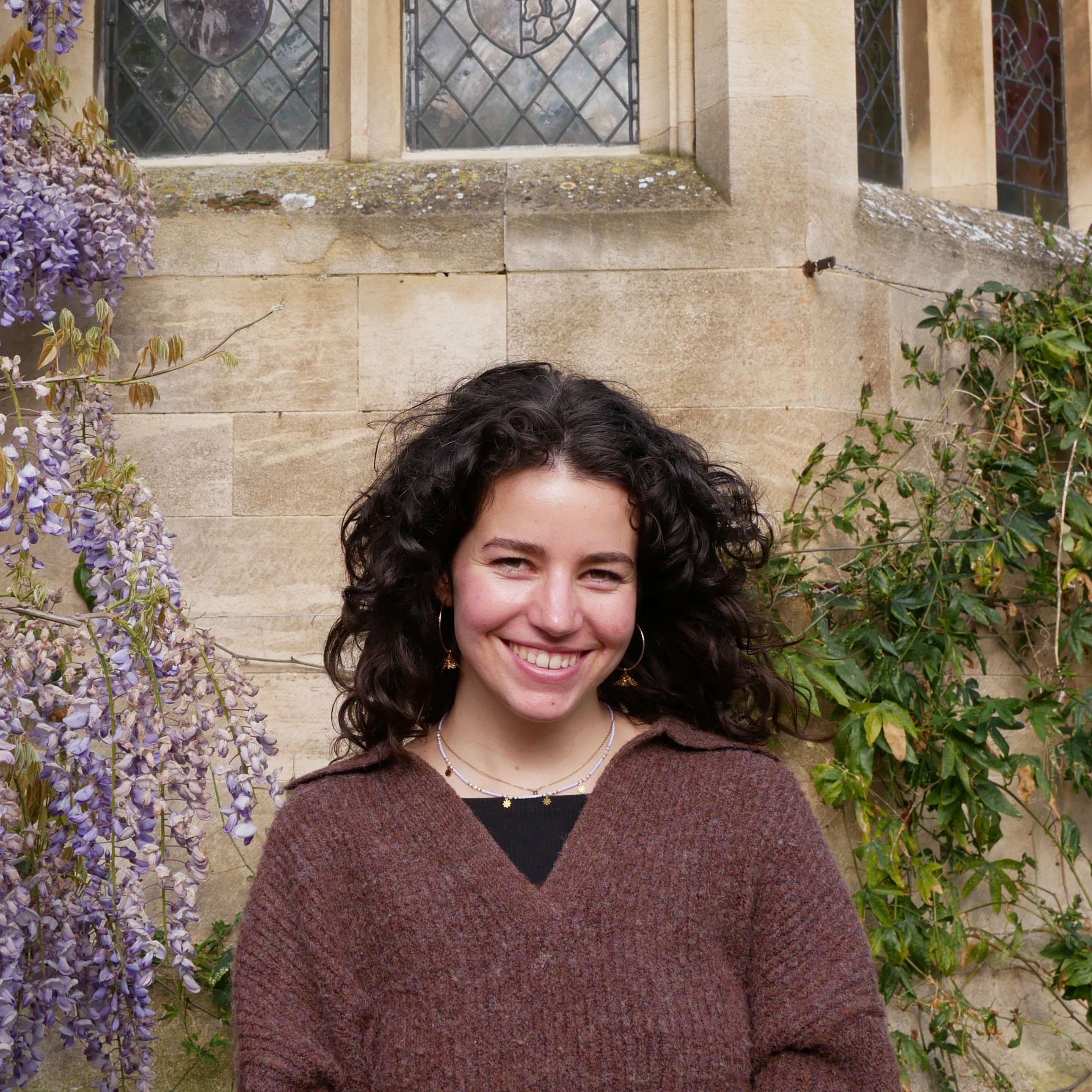
Isobel Magrath
Isobel is a PhD student in Leonie Luginbuehl's lab. She works on understanding how plants regulate carbon allocation to arbuscular mycorrhizal fungi, using techniques like single cell sequencing and radiolabelled carbon tracing. Outside of the lab she loves hanging out with friends, working at her college bar, travelling, running, and reading.
As the co-chair of the NoCaSS committee, Isobel coordinates the work of the team. Her goal is to make NoCaSS an encouraging and supportive environment where people feel comfortable discussing their research and making new friends. She simply cannot wait to welcome everyone in September!
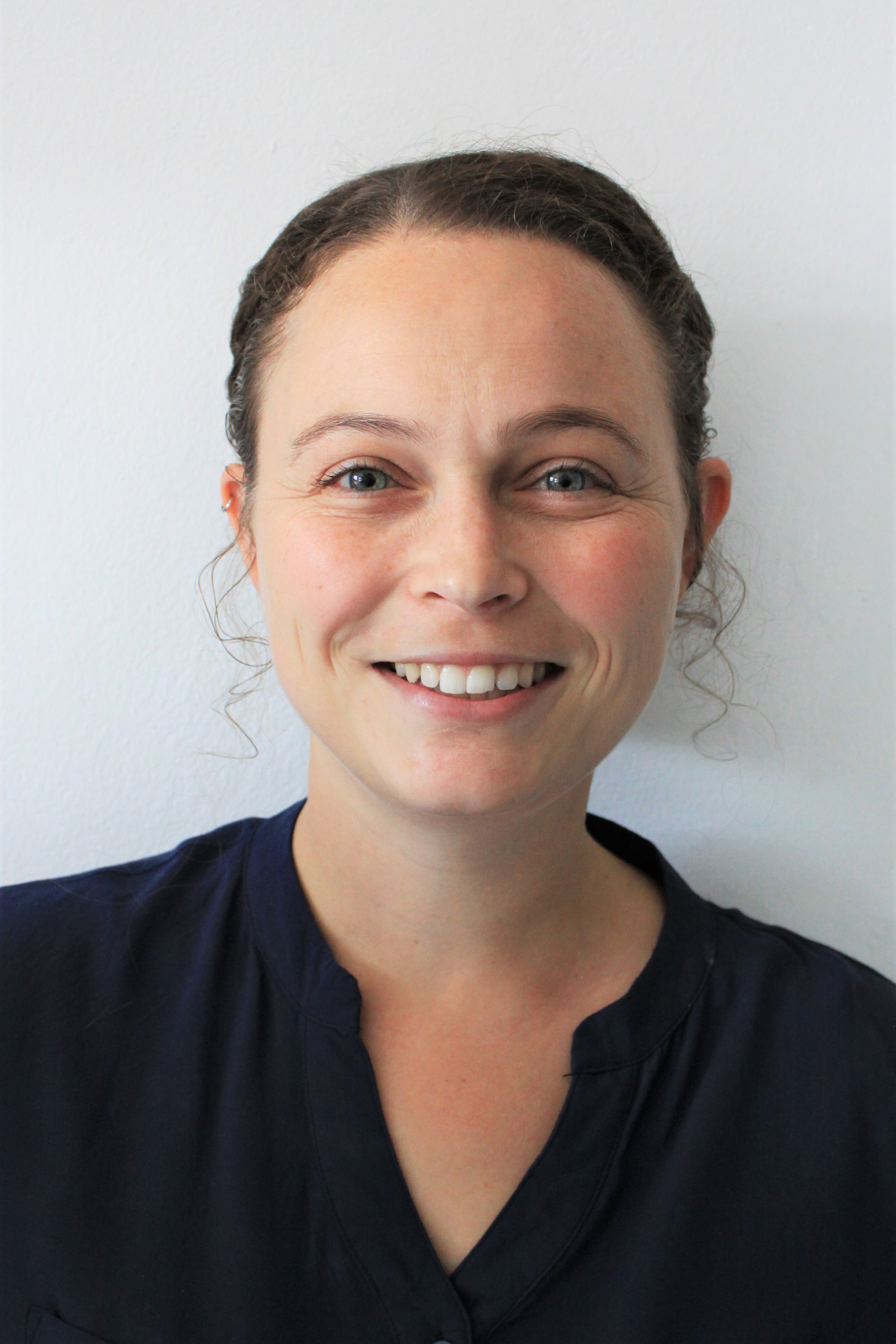
Nina Foreman
Nina is a postdoctoral researcher working with Jeongmin Choi in the Crop Resilience Group at the Crop Science Centre, University of Cambridge. Her work involves researching how arbuscular mycorrhizal fungi symbiosis improves drought tolerance in rice, and identifying African rice cultivars with improved AM-mediated drought tolerance.
Nina is excited to help NoCaSS 2025 continue to be an inclusive conference for early career researchers, and to establish new connections within Cambridge and Norwich.
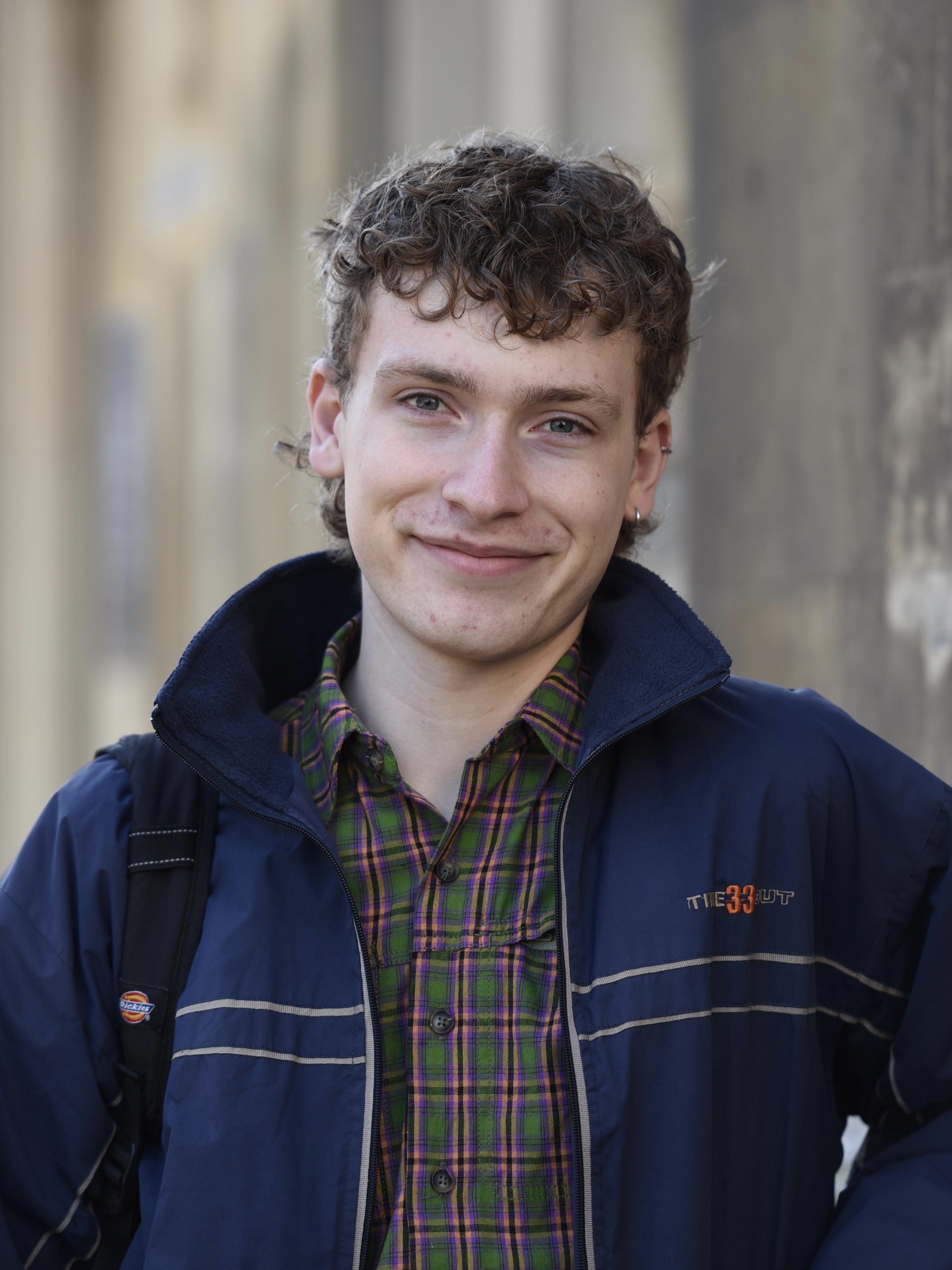
John Palmer
John is a first year PhD student in Leonie Luginbuehl's lab cosupervsied by Jake Harris in the chromatin and memory group, Department of Plant Sciences- University of Cambridge. In his PhD, John is investigating the roles of gene regulatory mechanisms and the chromatin environment during AM symbiosis. In his spare time John likes to paint and attempt to DJ (but not at the same time).
As part of the 2025 NoCaSS comittee John manages the wesbite and social media
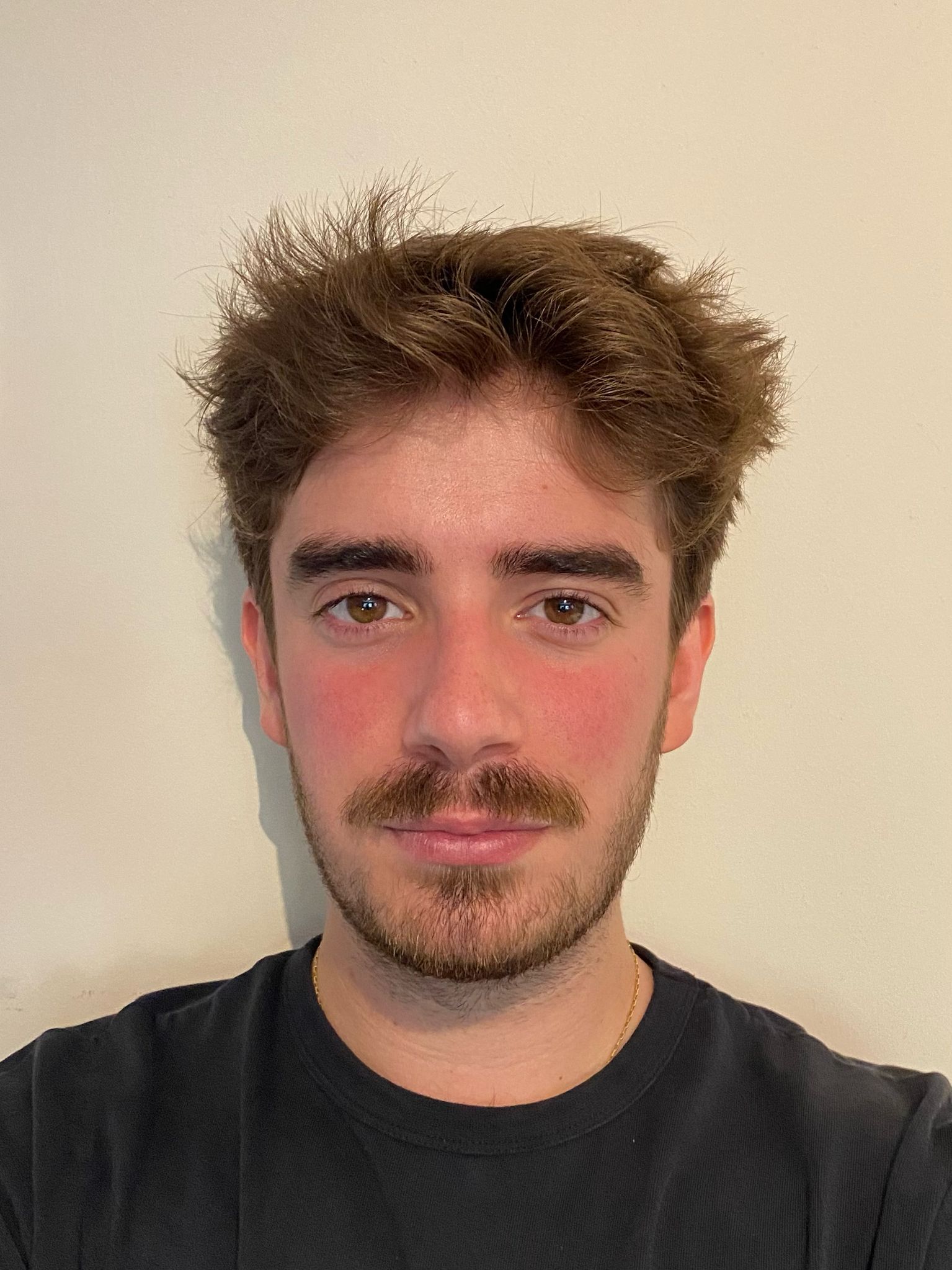
Nick García Hernández
Nick is a first-year PhD student in the Schornack group at SLCU. His research focuses on the colonisation dynamics of arbuscular mycorrhizal fungi, aiming to unravel the various ways in which agrochemicals affect these interactions. Through his PhD and future career, he hopes to bridge fundamental biology with sustainable agricultural practices around soil microbiomes.In his free time, Nick enjoys writing and casual gaming.
As the treasurer for NoCaSS 2025, he has firmly ruled out bouncy castles but otherwise manages a generous budget made possible by our sponsors to ensure a great symposium. He looks forward to fostering insightful discussions, connecting with fellow researchers, and helping to create an engaging conference experience for other early-career scientists.
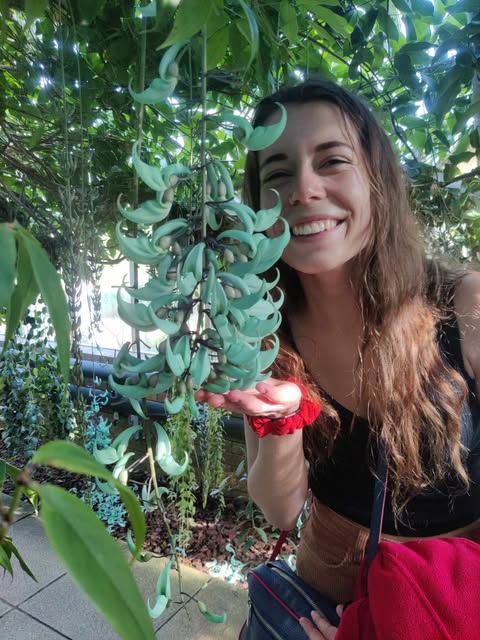
Charlotte Wathar
Charlotte is a second-year PhD student from Belgium, currently working on her thesis in co-supervision between her home university in Brussels, with Professor Nathalie Verbruggen, and the lab of Alex Webb in Cambridge. She spends half of her time in the Department of Plant Sciences at Cambridge, studying the circadian influence on calcium signaling in Arabidopsis, an important subject to understand how plant respond to stress depending on the environment and time of day.On the side she’s an active member of political and environmental societies. Charlotte enjoys nature, sports, food, being outdoors, and spending time with friends and family.
Charlotte is thrilled to help bring together this event, which she truly enjoyed attending last year. She looks forward to gather passionate young researchers in this special space for career development and introduce them to the lovely town of Cambridge, which has become a second home for her.
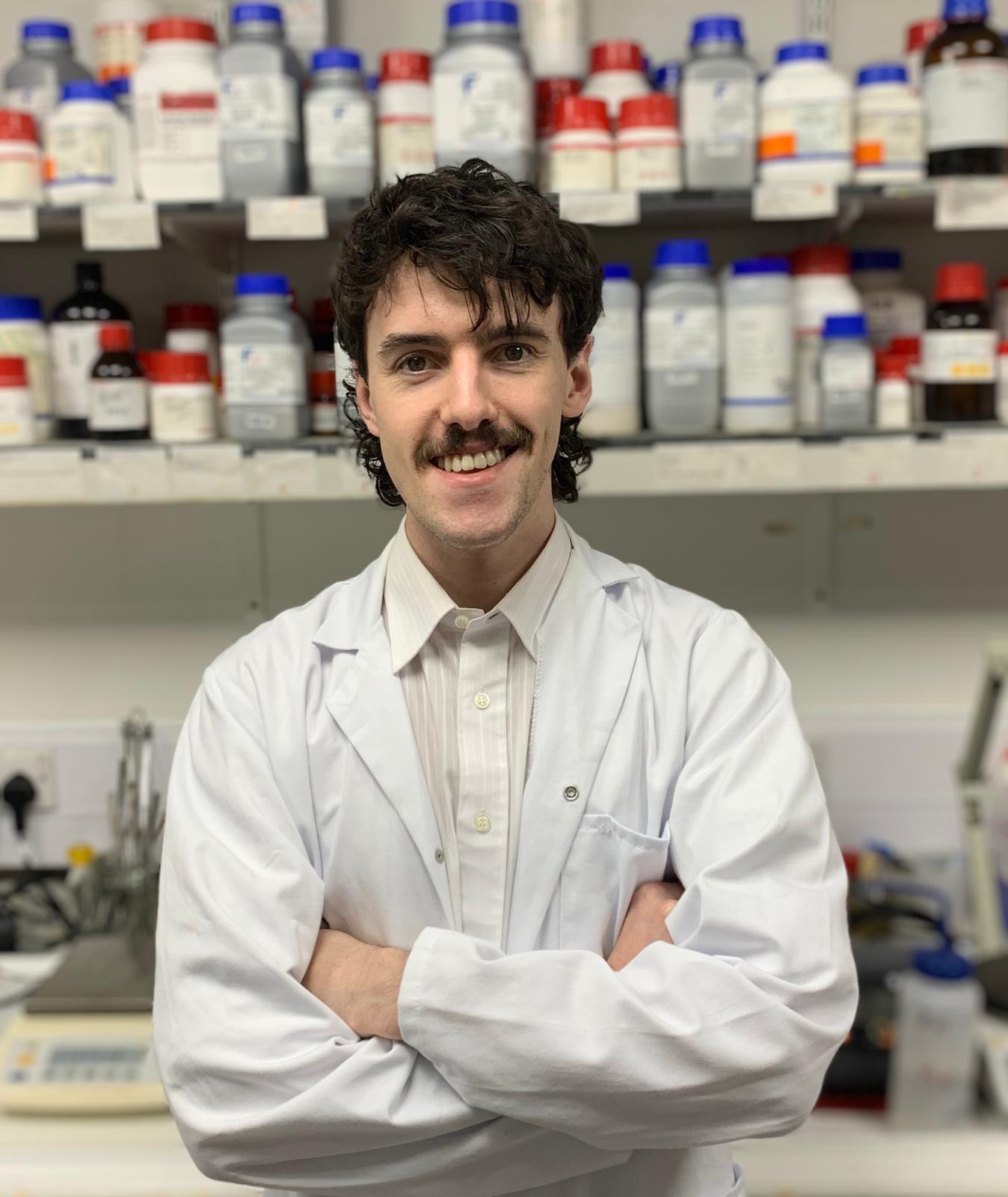
Harry Taylor
Harry is a PhD student in the Chromatin and Memory group. His research investigates the role of chromatin dynamics in enhancing immune responses in plants under pathogen stress, focusing on how DNA methylation and histone modifications influence transcriptional stress memory, a key mechanism for long-lasting disease resistance. Outside of research, Harry enjoys running and experimenting with new cooking recipes (always at the same time).
Harry is excited to contribute to NoCaSS 2025, where he will help support the organization and foster a collaborative environment for early-career researchers.
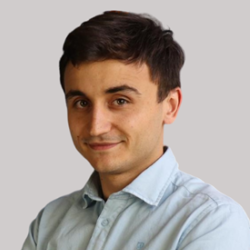
Jacob González Isa
Jacob is a first-year PhD student in Plant Sciences at the University of Cambridge within the group of Prof. Henderson, where he is studying a region in the chromosomes that is responsible for cell division but, paradoxically, it is poorly conserved across the Tree of Life. He is funded by "la Caixa" Foundation, a Spanish Fellowship programme.
He enjoys doing bioinformatics, tennis and, from time to time, wet lab. In NoCaSS 2025, Jacob is excited to help in funding acquisition and has developed a partnership with Nucleate to highlight Plant Sciences entrepreneurship for attendees.
Norwich
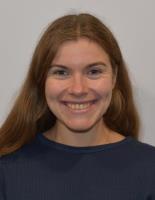
Clémence Rodney
Clémence is a third year PhD student in Mark Banfield’s Lab. She works on understanding the molecular mechanisms of effector recognition by plant immune receptors using biochemical techniques and Cryo-EM. Outside of the lab, she loves spending as much time as possible in the sun, running, climbing and travelling.
As co-chair of the NoCaSS committee, Clémence supports the chair in coordinating the work of the team, ensuring objectives are met and our vision for NoCaSS can come to life. She hopes NoCaSS will be an exciting and engaging event providing a supportive environment for everyone to discuss their research and meet new people
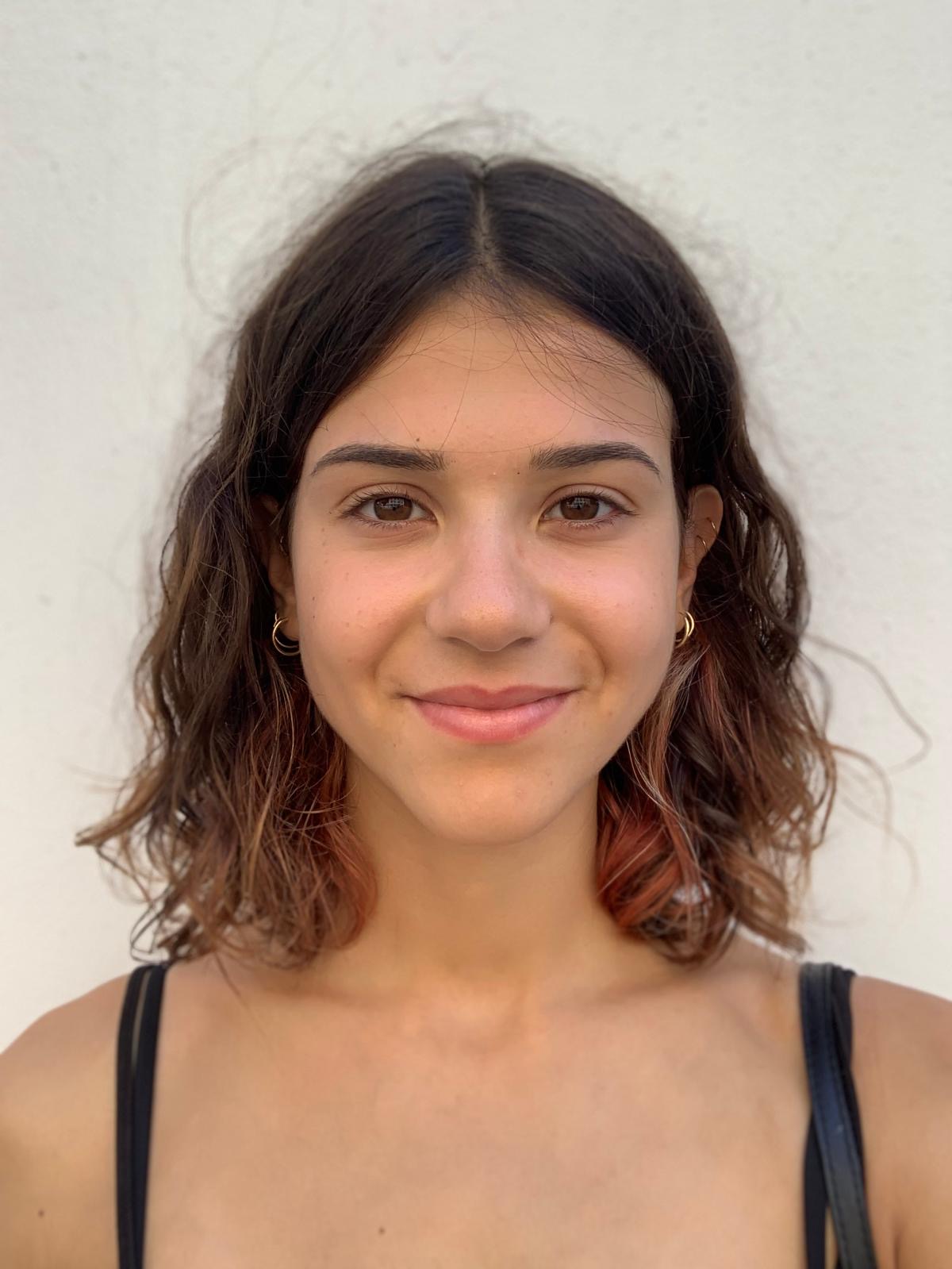
Gaia Galiberti
Gaia is a first-year PhD student in the Rotation Program at the John Innes Centre and The Sainsbury Laboratory in Norwich. During her rotations, she has worked with the Truman and Malone groups, the Webster group, and the Talbot group. She is deeply fascinated by the interactions between plants and microbes - two vastly different life forms. Beyond her scientific interests, Gaia enjoys reading, exploring art galleries and museums, and attending the theatre.
As a member of the NoCaSS committee, Gaia is passionate about supporting the vision of the Symposium as an inclusive and accessible space where early-career scientists from Cambridge and Norwich can share their enthusiasm for plants and microbes.
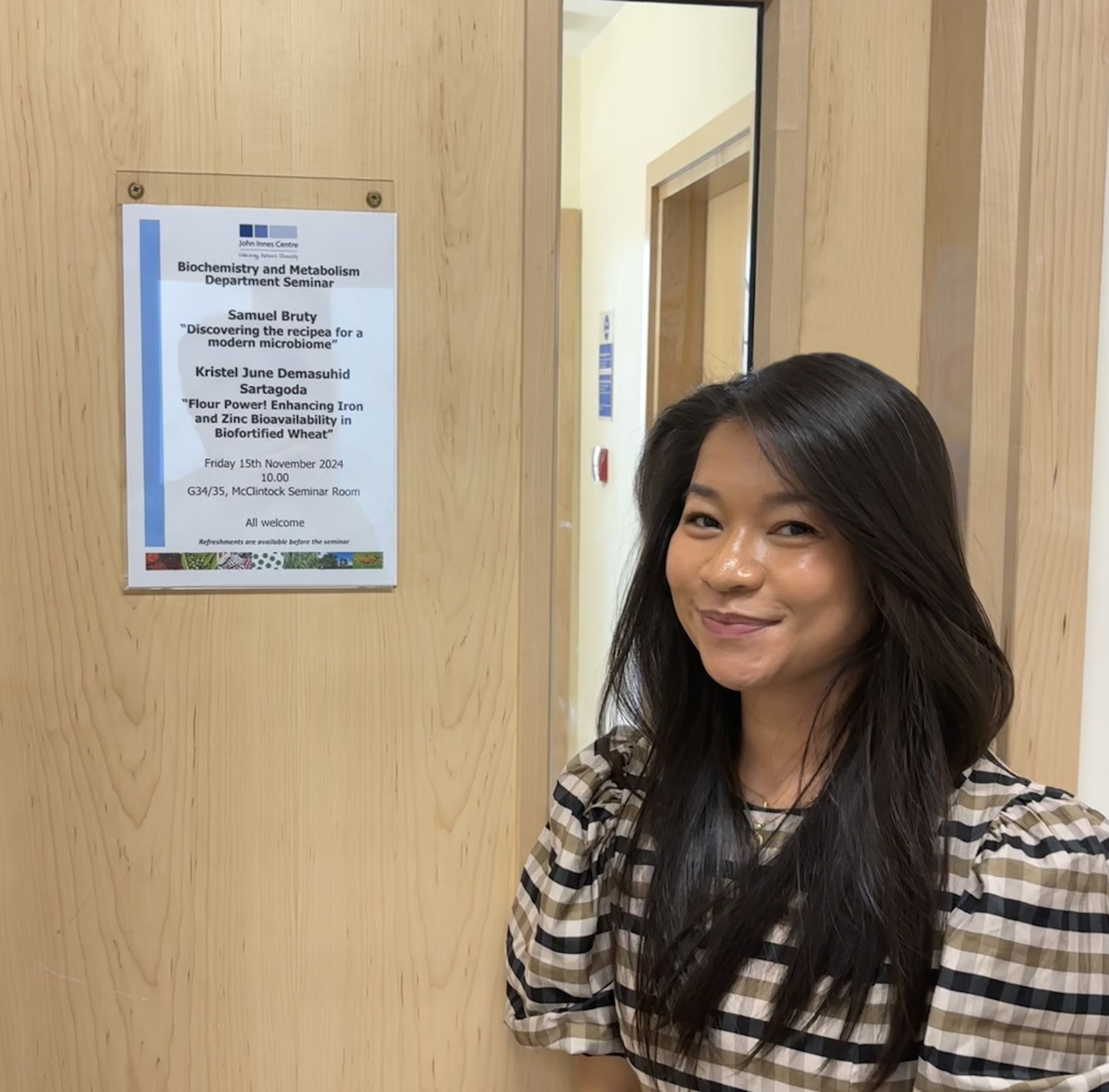
Kristel June Sartagoda
June is a PhD researcher on the Wellcome Trust-funded EDESIA: Plants, Food & Health programme in the Balk and Uauy labs based at the John Innes Centre in Norwich. Her research explores iron speciation, bioaccessibility, and absorption in biofortified wheat lines. The results of her research aims to help develop strategies for using biofortified wheat in food systems in the UK and globally.
For NoCaSS 2025, I am responsible for graphic design and branding, ensuring a cohesive visual identity across materials such as the logo and Book of Abstracts. My role also involves scientific communication, making research visually accessible while collaborating with the team to refine designs.
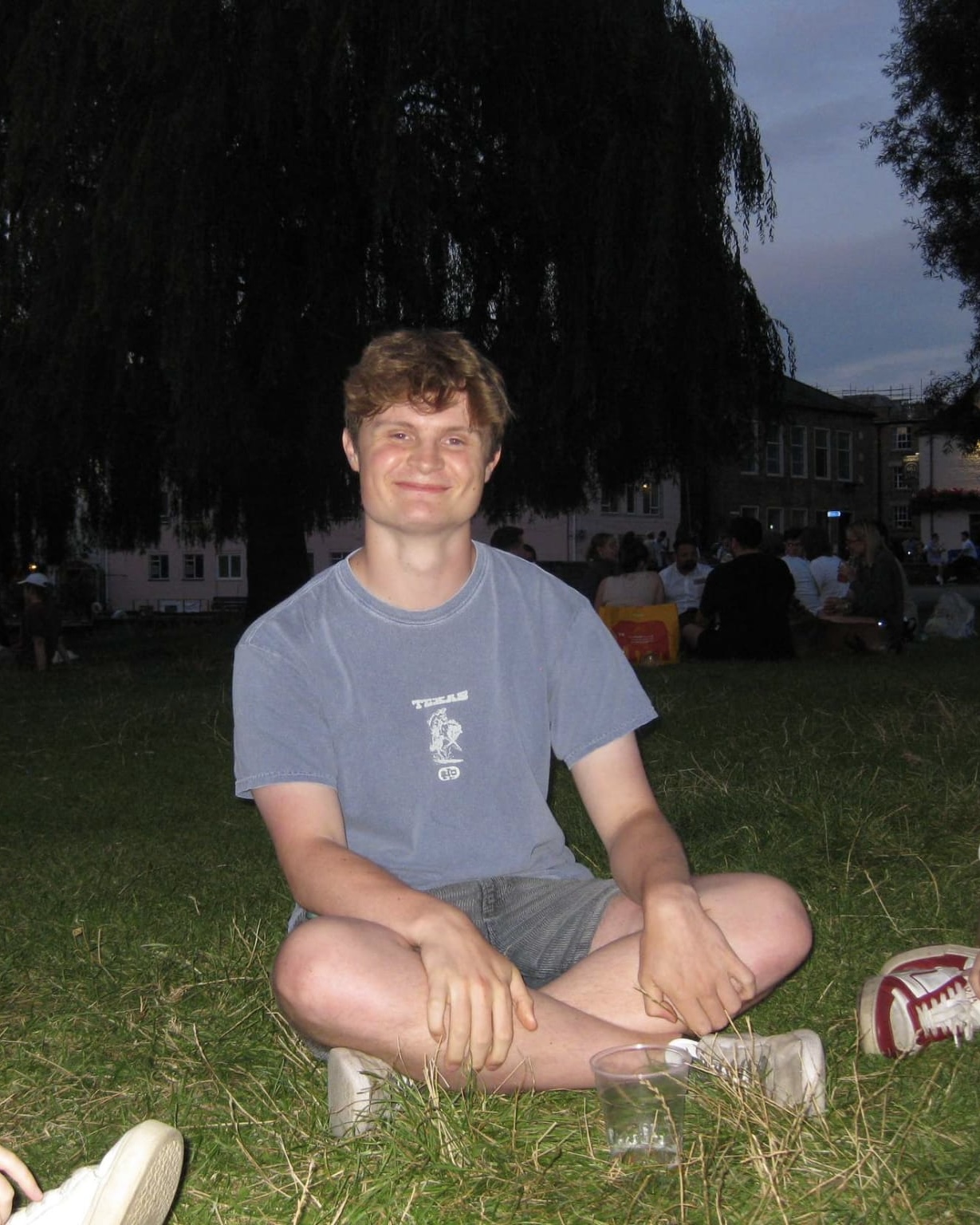
Nathan Williams
Nathan is a John Innes Foundation rotation PhD student, working between the John Innes Centre and The Sainsbury Laboratory in Norwich. In his rotation projects, he has worked with the Carella group, Banfield group and Talbot group. He is interested in understanding the molecular basis of plant-pathogen interactions and engineering novel sources of resistance against infection. Nathan enjoys swimming, eating, drinking and travelling.
Having studied at the University of Cambridge previously, Nathan is excited to help foster collaboration and knowledge exchange between Norwich and Cambridge.